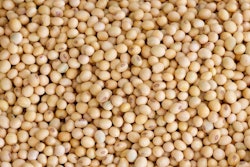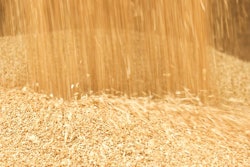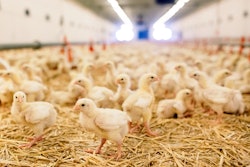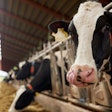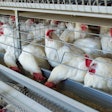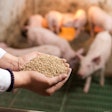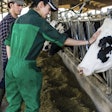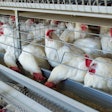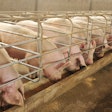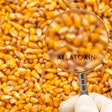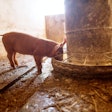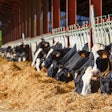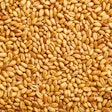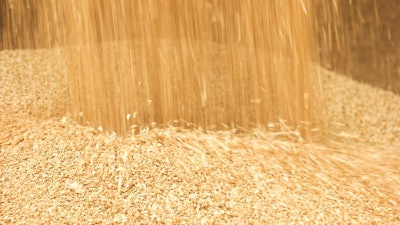
There are 3 things EU animal producers can do to counter grain scarcity
By simply watching the daily news, any EU nutritionist can be reasonably assumed to believe that the recent agreement regarding the Black Sea grain trade will benefit EU farmers. Perhaps, it will benefit them indirectly, but personally I do not expect any single grain of that fabled 60 million tons of Ukrainian wheat to reach EU farmers.
With that in mind, however, EU animal producers are left with three options:
- They can import from other countries that have a surplus of grains – but the list of such opportunities is shrinking daily as bad crops pile up, while importation costs keep increasing.
- They can reduce production, meaning less animals – something already done – starting from low-producing individuals within herds. Plus, focus on increasing profitability and efficiency on existing high-producing animals (going back to the future with small is beautiful).
- Use local agro-industrial byproducts, something that was heavily practiced 20-30 years ago, but largely abandoned due to the easy lifestyle afforded by false globalization.
The latter is where the real long-term solution lies long term, in my opinion. In other words, self-sufficiency and increased sustainability at the same time. The knowledge exists, we just have to dust off our books and go back to old research. But it is not that simple because manufacturing processes have evolved along with genetics and the byproduct of peeling potatoes from 30 years ago is highly unlikely to contain the same amount of residual starch as it does today.
We also have to consider that many agro-industrial byproducts of the human food industry are wet, and the increasing cost (and scarcity) of energy will probably make them either totally unavailable or too expensive. On that, more in my next blog, next week.


